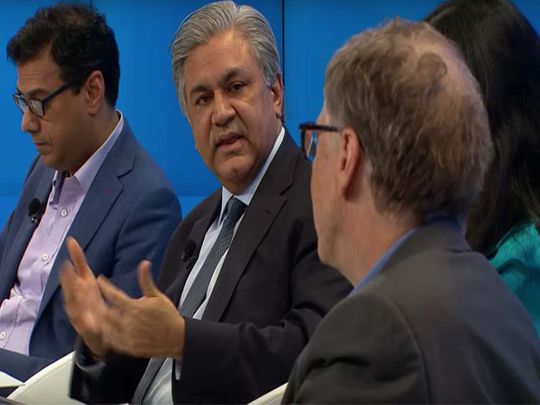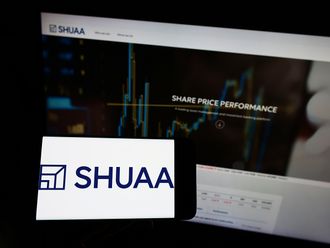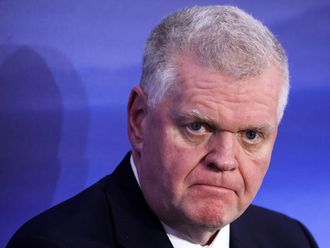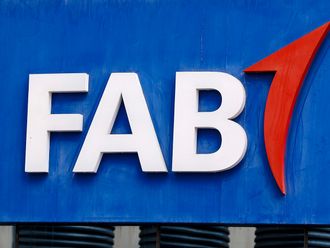
Dubai: Board of directors of Abraaj, the Dubai-based private equity firm that collapsed following allegations of fraud and fund mismanagement, is likely to face both regulatory and investor scrutiny according to sources close to the case.
Abraaj, which managed close to $14 billion (Dh51.42 billion), was forced into liquidation in June after a group of investors, including the Bill & Melinda Gates Foundation, commissioned an audit to investigate the alleged mismanagement of money in its healthcare fund.
Key executives of the company Arif Naqvi, the Abraaj Group founder, Mustafa Abdel-Wadood and Sev Vettivetpillai, both former managing partners were arrested last month on charges of fraud.
While Abdel-Wadood secured a $10 million bond bail with severe court imposed conditions on his movement outside his Manhattan apartment, Vettivetpillai is out on bail in London.
Although Naqvi has secured a $20 billion bail, his release from jail is subject to furnishing the bond amount.
Poor governance
While a London court case to extradite Naqvi and Vettivetpillai to the United States on fraud charges is scheduled for May 24, many in the private equity industry, banking fraternity and investors in private equity are wondering if the members of the board too will be called to explain how the funds got diverted without any oversight.
“Key members of the management team are held accountable for alleged fraud, but what about the responsibility of the board members in such violations. How come none of the board didn’t have a clue of the issue?,” asked the managing director of a UAE based private equity firm.
Abraaj’s board has prominent figures from both global and regional private equity industry. The collapse of Abraaj has focused renewed scrutiny on corporate governance standards in the Middle East and North Africa (Mena) region.
With the reports of whistle blowers warning the Abraaj investors as early as September 2017 on governance issues, many investors say it is surprising that the board didn’t bother to question the management.
Global rating agency Standard & Poor’s had warned of the weak corporate governance in the region as early as 2017. “Lagging governance standards can deter international investors from looking for opportunities in the Gulf region. Potential investors face closely controlled company ownership, a general lack of transparency, and the vagaries of individual states’ jurisdictions with respect to creditor protection. This leaves them open to the risk of weak management and, in extreme cases, fraud,” the rating agency said in a report.
Investor concerns
The collapse of Abraaj and allegations of fraud has increased the scrutiny of private equity investors in Middle East funds.
According to a recent survey by Emerging Markets Private Equity Association (EMPEA), following the collapse of Abraaj, many investors have increased their risk assessment of investment in the emerging markets private equity funds.
“The fallout has prompted many limited partners (LPs) to expand the scope of their due diligence processes to include a closer look at the internal operations and governance arrangements of fund managers,” EMPEA said.
Naqvi, along with the key management team of Abraaj, is caught up in a probe on the collapse of the region’s largest private equity fund valued at about $14 billion. He is charged with inflating the value of the Dubai-based firm’s holdings and diverting hundreds of millions of dollars. While Naqvi, denies the accusations, he faces extradition to US on charges of fraud.
The US Securities and Exchange Commission alleges that Naqvi and his firm raised money for the Abraaj Growth Markets Health Fund, collecting more than $100 million over three years from US-based charitable organisations and other US investors.
Naqvi surrendered control in 2018. Abraaj was forced into liquidation in June after a group of investors, including the Bill & Melinda Gates Foundation, commissioned an audit to investigate the alleged mismanagement of money in its health-care fund.











